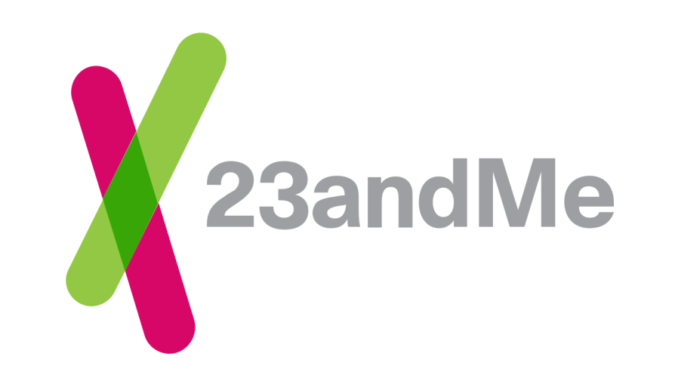
“Improved accuracy. Less uncertainty. Better science,” says 23andMe.com in a recent announcement. “This Fall we’re making another upgrade to that analysis that will improve the accuracy, as well as reduce the amount of ‘unassigned’ and non-specific ancestry assignments,” the statement read, adding that “some 23andMe users may see some pretty big shifts in their results.”
Who are “some” users? The genetic testing company will no longer update ethnicity projections for its customers unless they’ve tested on the V5 chip, meaning if you submitted a DNA test to the company before August of 2017, the improved accuracy, less uncertainty, and better science does not apply to you.
“Moving to the V5 chip is not an upgrade—it’s a completely new test that customers must purchase and spit-to-submit again,” writes genetic genealogist Roberta Estes. “This means that if your family member that you purchased a test for died, you’re just out of luck.”
As Roberta reported on Oct. 8, “Unfortunately, without notice to customers, 23andMe is reducing (or has already reduced) the match cap for current, existing, customers from 2000 matches to 1500.”
It gets worse. Roberta notes that “customers can no longer search by common surname or ancestral location.” This was confirmed directly to me by a 23andMe representative who explained that “you are able to search for profile names and current locations in the DNA Relatives search section, but it is not possible to search for other terms or phrases.” I had added notes to several match profiles when I discovered our exact connection. These notes, which are were only visible to me, popped up when I made a surname search on the site. Now, however, I must sort through each profile to find my notes.
Why did 23andMe decide to make its site less functional?
I’ve long been an advocate of 23andMe, ordering several of the company’s test kits and encouraging others to do the same, but I’m with Roberta; these changes are deal-breakers.
